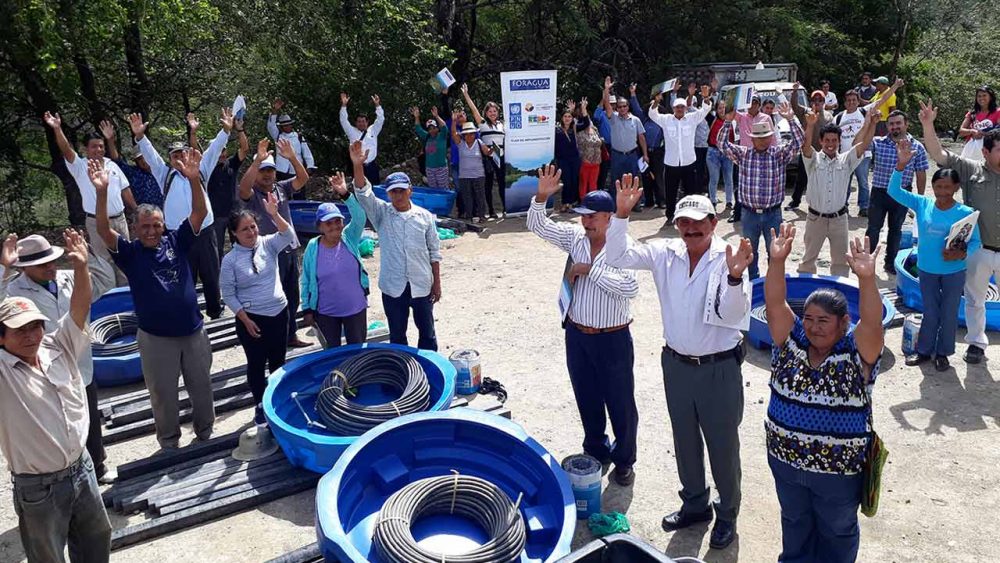Women are among the main leaders in implementing productive projects or conservation alternatives. In some cases, they are more involved in the care and protection of resources. For example, FONAG works in mountain communities near the Metropolitan District of Quito where the sources that provide water to the city are located. The role of women as guardians of the city’s water can be appreciated in this work. For women, water conservation is a matter of life. However, despite the importance of their role in caring for water, most community water system partners are men, and they are the ones who vote when making decisions about their systems.
“You can work with women, but there is still an unequal system, a system where women do not participate, women do not decide, women do not have access to resources.” This was the comment of Susana Escandón, resident of a community where FONAGUA operates.
There is a need to work on conservation strategies with a gender focus to overcome factors that reproduce inequity, promote participation and improve the direct benefits to allow women to improve their living conditions.
The inclusion of a gender clause in conservation agreements to commit the stakeholders to working under conditions of fair and equal participation and benefits has been one of the primary mechanisms promoting women’s participation in information and decision-making spaces. For example, an action plan is be shared and women have to specify the most feasible times for their participation. In these spaces there is an adequate childcare system and they can enjoy direct benefits, such as training according to their specific needs.
The inclusion of a gender focus is part of the social transformation process, through which their role and their knowledge are made visible, increasing their own leadership and decision-making. We began to harvest what was sown in the Andean communities where FONAG works; the women organized themselves and gained access to training and resources. Currently, several women occupy positions of responsibility and are paid by the community. For example, in Oyacachi Leslie Ascanta is a Community Tourism Coordinator; she receives land from the community itself and is recognized as a coordinator. Integrating a gender focus is one of the main strategies of sustainability.
FONAG and PROAmazonía have included a gender focus in all their actions, and the achievements of this inclusion will be heard and evidenced very soon. The challenge is to understand the new scenarios that work with a gender focus implies; it doesn’t only mean integrating women numerically, but rather reducing inequality gaps, providing access to information, training, organization, participation and decision-making.
 Español
Español English
English
